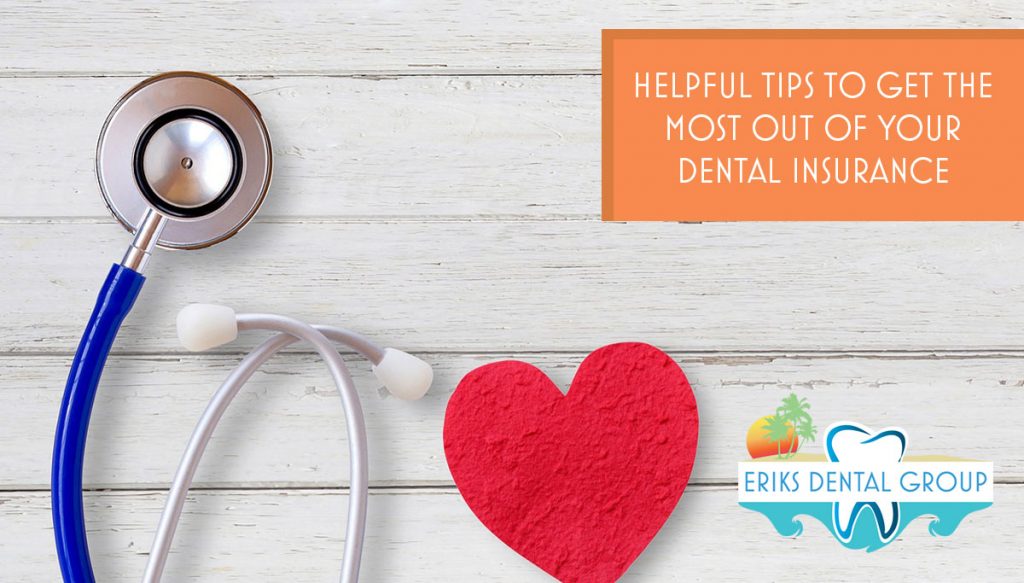If you havedental insurance, your insurance plan benefits most likely expire on December 31st of each year. Instead of rolling over for you to use these benefits in the new year, your benefits renew each year on January 1st. This makes the end of the year a critical time to use any unused benefits you have left for the current year.
However, there are a number of ways to use your benefits year-round. In this article, we will explain some of the things you can do each year to make the most of your dental insurance coverage.
Have Sealant Put On Your Child’s Molars
Most dental insurance companies pay 100 percent of the cost for preventative care procedures like cleanings, exams, and x-rays. This is because it will save them money in the long term; it’s easier to prevent health issues than it is to treat them, especially once they become severe.
Other preventative procedures that are often fully covered involve the use of dental sealants, which are a thin coating put on the surface of your child’s adult molars to help fill in pits and grooves. Sealants are the same color as natural teeth and can prevent children from developing future cavities. This treatment is quick and painless and can be done at the same time as a routine cleaning.
Use All Your Available Exams And Cleanings
Many dental insurance plans will pay for two exams and two cleanings each year. This breaks down to one exam and one cleaning every six months. Putting off dental care appointments can compromise your oral health and cause you to miss out on free dental care.
Avoid Paying Your Deductible Every Year
Dental insurance deductibles usually range from $50-$100, and you must pay your deductible the first time you or your child receives restorative treatment each year.
Getting all your restorative dental procedures done in a single year, and then keeping up with all preventative procedures the next year can help you avoid paying your deductible. However, this is assuming you will not need restorative procedures every year.
Use a Health Saving Account (HSA)
Your employer may offer a health saving account (separate and different from insurance coverage), which gives you a dedicated account to save pre-tax money specifically for health-related expenses. An HSA could help you save money, depending on your income.
Don’t Put Off Getting Treated
It is important to address any mouth pain you are experiencing. You should also make appointments for any procedures your dentist recommends (such as filling a cavity or placing a dental crown) to keep your mouth healthy (as well as save you from further discomfort).
Many dental insurance plans will cover 80 percent of the cost of basic procedures like filling a cavity, and 50 percent of the cost of more serious, invasive procedures like root canals or tooth extractions.
Match Your Maximum Coverage
Most insurances will cover a certain dollar amount of care each year (usually $1,000, $1,500, or $2,000) that will not roll over into the next year’s benefits. For example, if your insurance policy covers up to $2,000, you should use that full $2,000 each year, or as close as you can get if you do not need the full benefit amount. Check your dental insurance policy paperwork or call your insurance company to find out the amount of your maximum payout.
Make The Most Of Your Dental Insurance At Eriks Dental Group
Eriks Dental Group offers compassionate dental, endodontic, and periodontal treatment performed by experienced professionals. We accept a wide variety of oral healthcare plans.
Contact your insurance company to find out if we are in your plan’s network and call us at 561-733-4004 to schedule an appointment.

